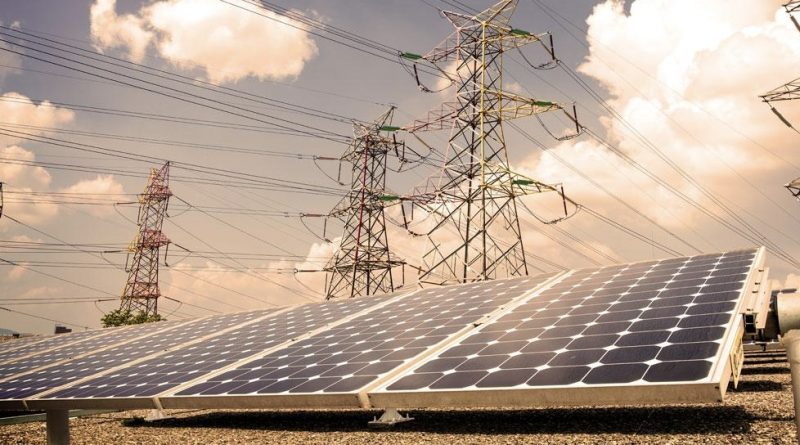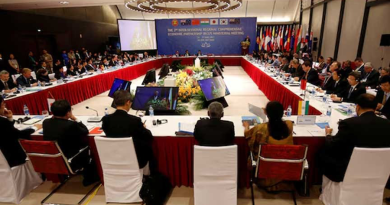Bangladesh has kicked off its first structured Agrivoltaics Pilot Project, marking a significant move toward renewable energy solutions that use land more efficiently by combining solar power generation with agriculture. The launch also included the formation of the National Working Group on Agrivoltaics and Floating Solar, aimed at driving policy coordination and technical collaboration.
The programme, “Sun, Soil, and Sustainability: Kick-off of Agrivoltaics Pilot and National Working Group,” was jointly organised by the Power Division and the Green Energy Transition–Policy Advisory Partnership (GET-PAP), implemented by GIZ Bangladesh. GET-PAP is co-funded by the European Union and Germany’s Federal Ministry for Economic Cooperation and Development (BMZ).
“This is not just the inauguration of a facility; it is the foundation for future generations to thrive,” said Nur Ahmed, additional secretary of the Power Division. He noted that using sunlight for both farming and clean electricity addresses two pressing challenges—food security and the shift to renewable energy.
The pilot aims to evaluate the technical, agricultural and economic viability of agrivoltaic systems in Bangladesh. Findings from the project are expected to guide efforts to scale up renewable energy under the Renewable Energy Policy 2025, which targets 30% of the power mix from renewables by 2040.
“Bangladesh is an example in climate adaptation,” said Edwin Koekkoek from the EU Delegation. “We want to help strengthen the connection between Europe and Bangladesh in advancing the green energy transition.”
Technical sessions featured inputs from GIZ, Fraunhofer ISE and IDCOL on system design, crop performance and financing models. Participants also reviewed regional experience, including insights from the Indian Agrivoltaics Alliance.
The newly launched national working group will bring together government agencies, private firms, researchers and development partners to support multipurpose land-use models and improve policy alignment.
The workshop closed with a pledge from stakeholders to collaborate on regulatory frameworks, standards and investment pathways to scale agrivoltaic and floating solar technologies in the country. Senior officials from the government, academia, development partners and the private sector attended the event.






